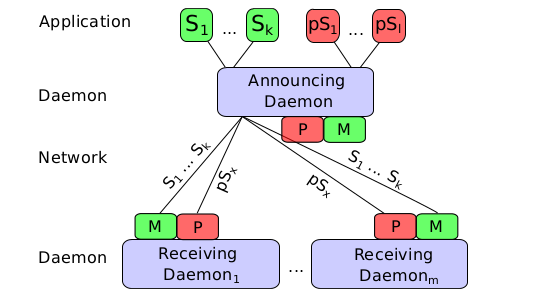-
Stateless DNS
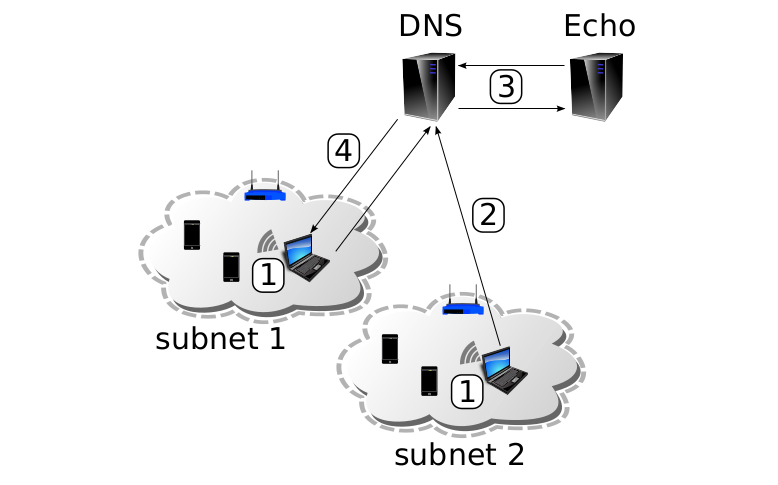
-
Boost DNS Privacy, Reliability, and Efficiency with opDNS Safe Query Elimination
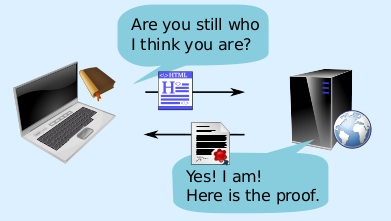
-
A Multicast-Avoiding Privacy Extension for the Avahi Zeroconf Daemon
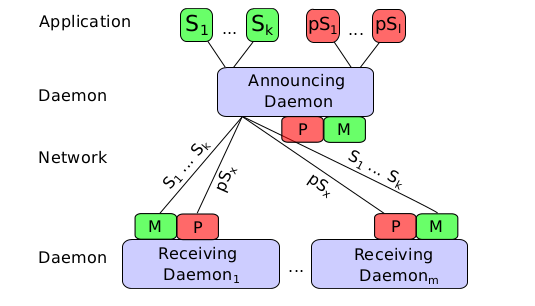
-
JSXC: Adding Encrypted Chat with 3 Lines of Code
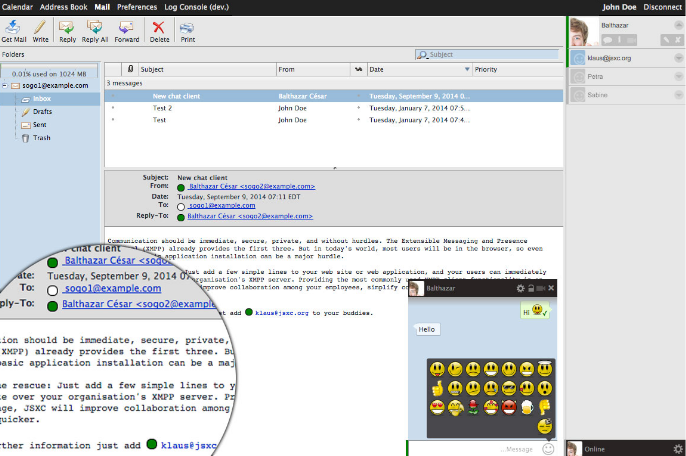
-
SIEGE: Service-Independent Enterprise-GradE protection against password scans
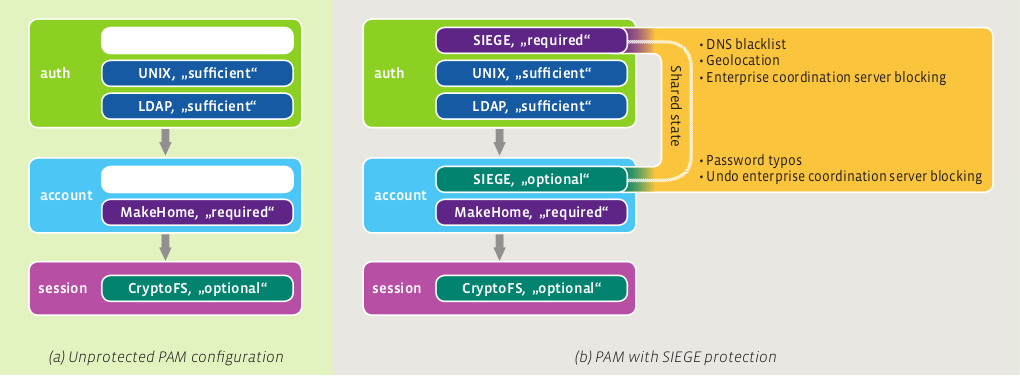
-
Adding your FRiTZ!Box as a “secure” DNS resolver for the fritz.box pseudo-domain
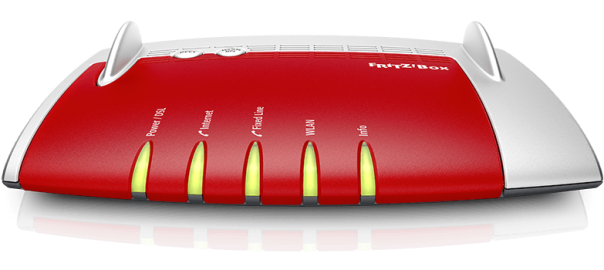
Your FRiTZ!Box maintains a useful list of names of machines in your local network in its pseudo-domain fritz.box, based on DHCP requests and web interface. This information is useful, but adding the pseudo-domain “fritz.box” to your own DNS hierarchy is no longer straightforward in the days of DNSSEC. Here is how to include it into…
-
Webharvesting von Publikationsdaten
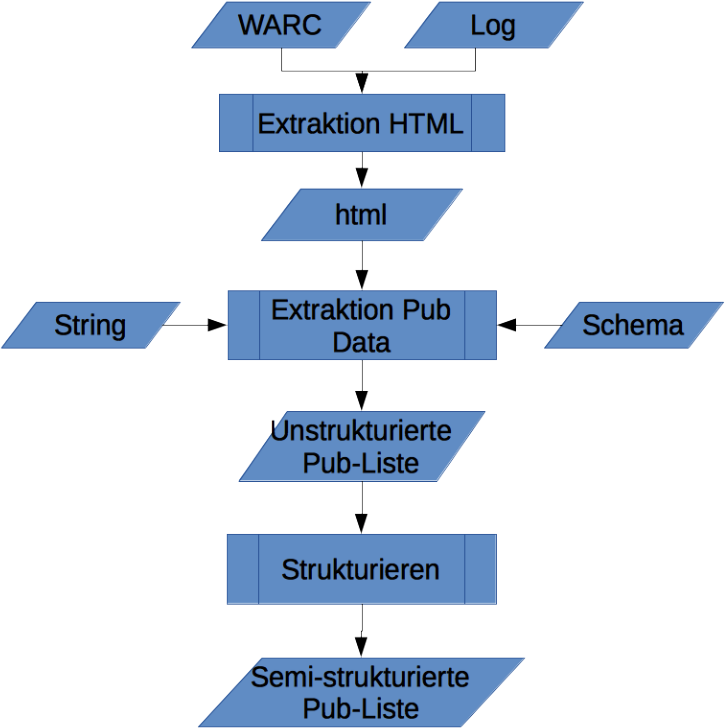
-
Automatische Identifikation relevanter Domains zur Web-Archivierung
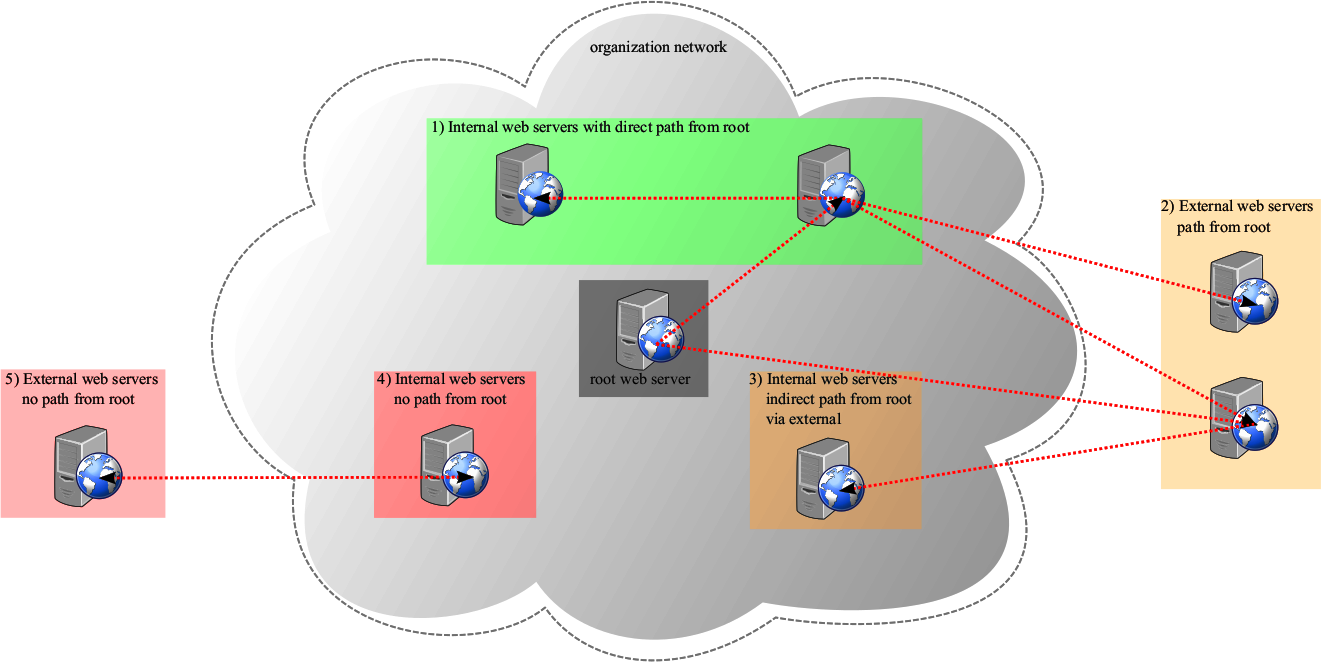
-
DANE: The CA game changer
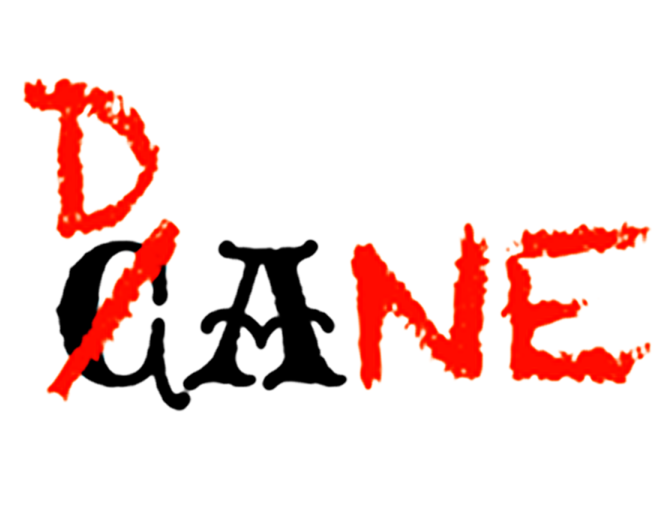
Securing the Internet is important. However, many design decisions are broken: For example, encrypted web pages are considered less secure than unencrypted pages, even outright dangerous, unless you regularly pay a lot of money to certificate authorities, which have shown to make the Internet less secure. The new kid on the block, DANE (DNS-based Authentication…

